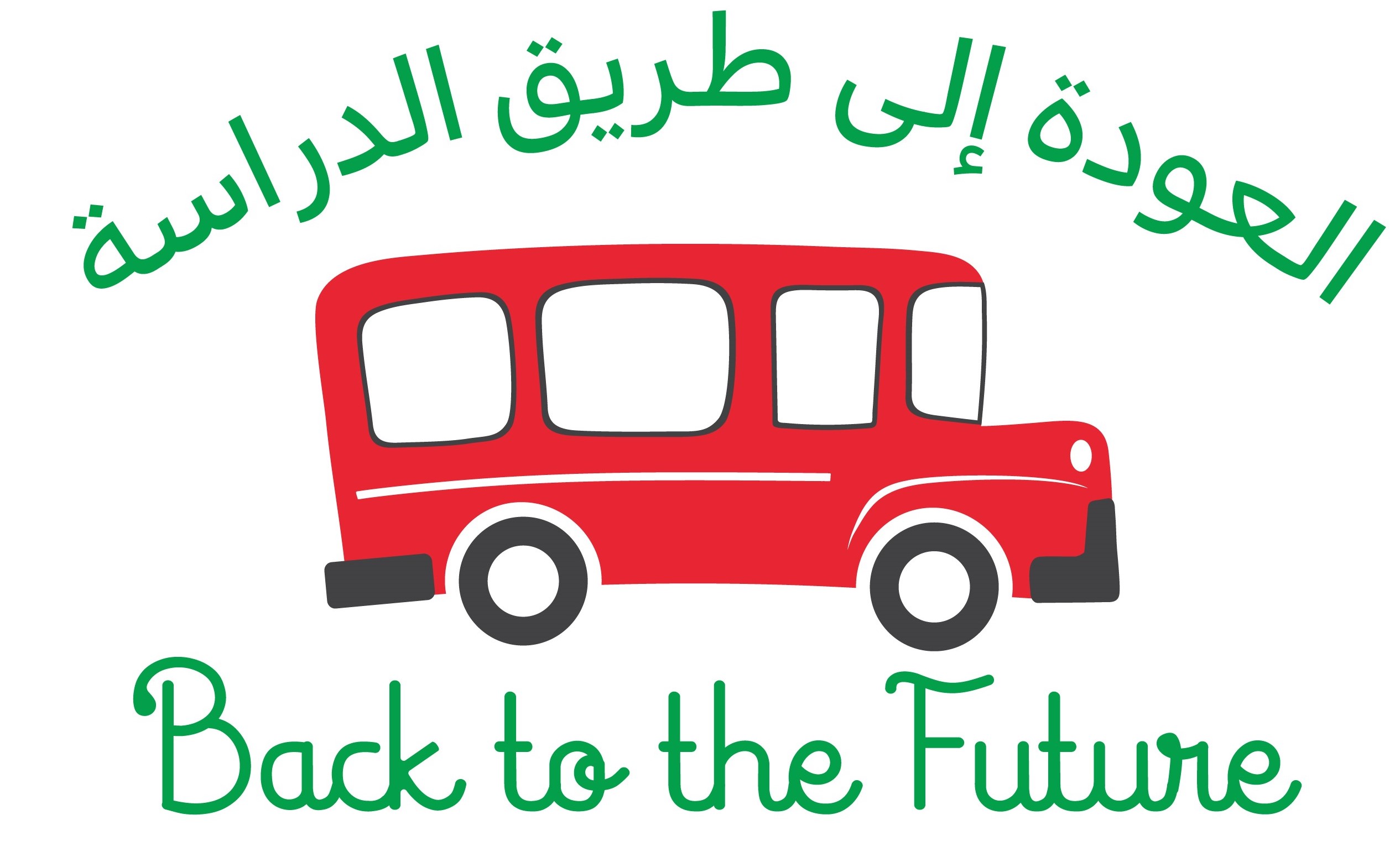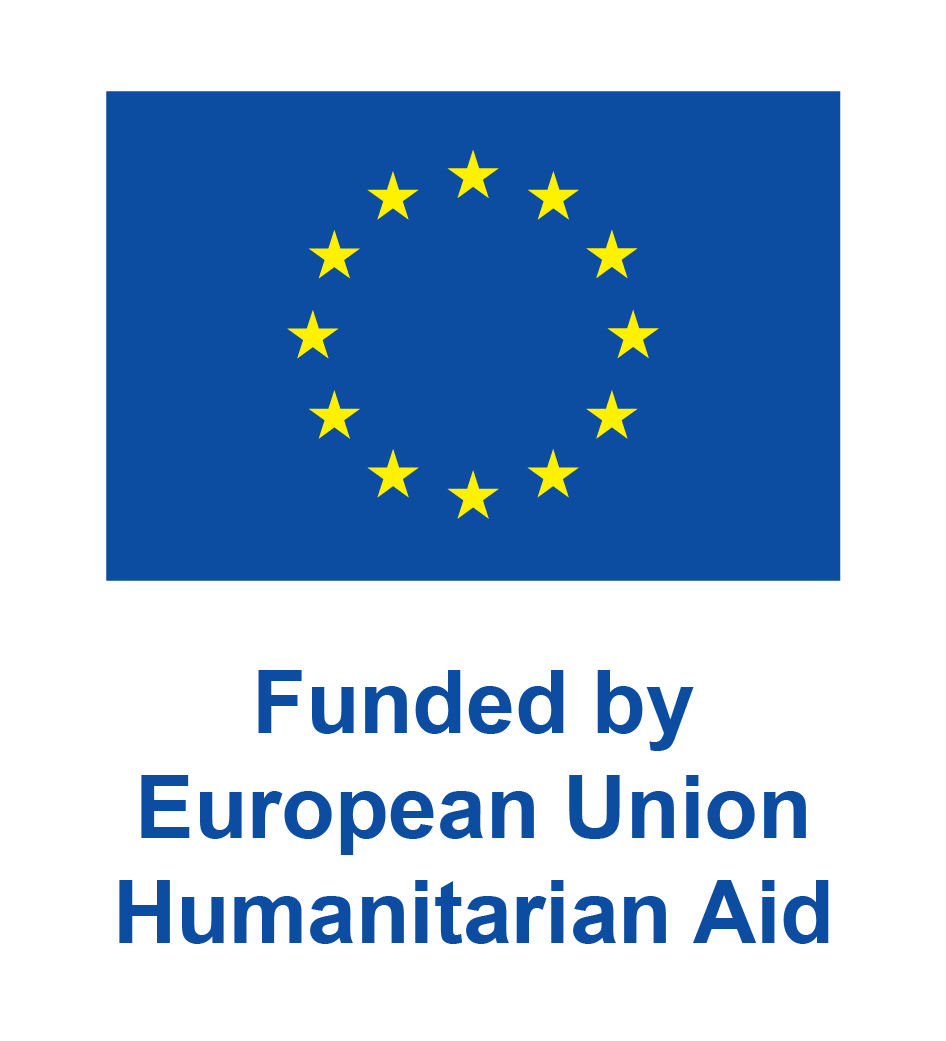What Deborah da Boit learned after 3 years in ‘Back to the Future I’ in Jordan
Deborah Da Boit works as the Jordan and Syria Country Director for Terre des Hommes Italy. She now talks about the lessons she has learned during the three-year ‘Back to the Future’ program in Jordan. A project that supported more than 21,600 Syrian refugee children, and Jordanian and Lebanese children, to go back to school.
What has kept you awake at night in the last years?
‘What keeps me awake at night is the realization that children need a long-term solution that future generations can benefit from. Yes, we helped to renovate schools. Yes, we helped young children with language and mathematics. Yes, we provided all kinds of awareness activities, for example about personal hygiene. But I believe that this can only make a difference, when these activities will continue. Otherwise, children will risk to become victims of child labor and child marriages in the future again, as they don’t get the support they need so much to stay in school.’
Getting over 21,600 children back to school does not happen overnight. What motivated you to achieve this and to stay involved?
‘Where I get a lot of energy from is when I talk to the students and their parents and hear from them how they feel about the project. What it means to them. Then I feel proud. We have achieved the objectives we wanted to achieve. We have renovated school, they are now safe and pleasant for children. We have been giving extra lessons and especially, we have had many children going back to school.’
What is the biggest lesson you have learned about setting up education for refugee children?
‘How important it is to work with a comprehensive and integrated approach. You can not consider education and child protection separate from each other. It is fundamentally essential to combine both. A child can not go to school if it is not protected enough or if he or she doesn’t feel safe. And it is extremely important to prevent violence at school. That is not at all obvious.’
What is one of the biggest challenges you have encountered?
‘One of the biggest struggles in the ‘Back to the Future’ program was to get everyone in line. That is: colleagues within the consortium, school principals, teachers, students, parents, everyone is involved in the entire process to set up and implement an education program. Everyone should feel involved and responsible for the results so that we achieve the results together, as a community.’
What would you tell other NGOs when they want to organize education for refugee children?
‘You have to be very familiar with the national context of a country. How do government bodies work and how do they cooperate? In what way is humanitarian aid organized in this country? Which (possible) national jurisdiction should you take into account?’

